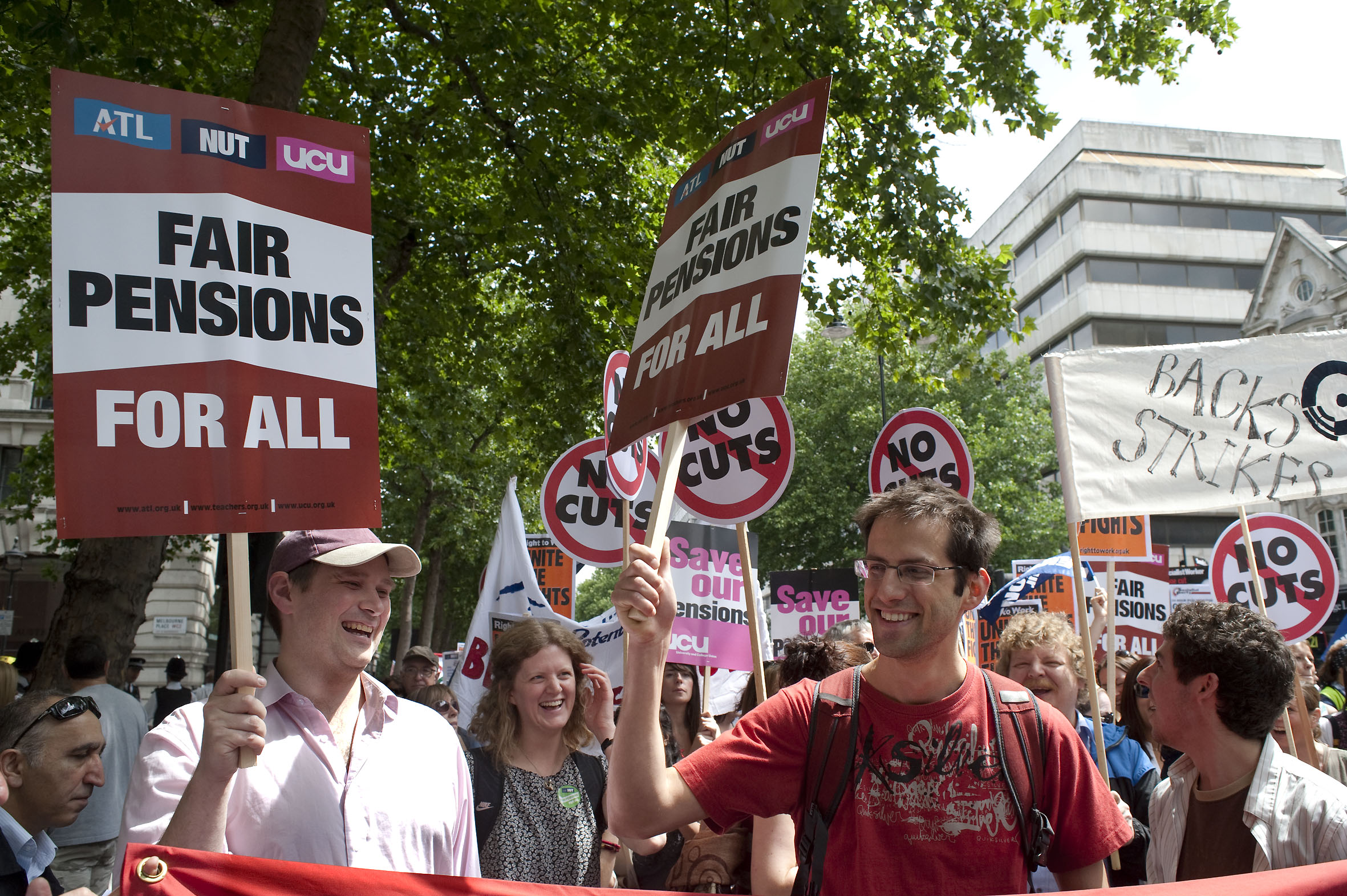Paula Mitchell
Many trade unionists recognise that as well as using their industrial might to fight the cuts, and joining up with community campaigners in local anti-cuts alliances, there is also a political dimension to the anti-cuts movement. How do people fight the cuts at an election?
Although big numbers of workers want to punish the Tories and Lib Dems, simply voting Labour does not provide the alternative to cuts. Labour councils across Britain have voted for massive cuts and are presiding over service closures and job losses.
In government they would carry out much the same programme as the Tories, they simply say that the Con-Dem cuts are “too far, too fast”. There are no council elections (bar by-elections) in London until 2014, although as council cuts really bite and more workers and communities rise up against them, pressure could mount on councillors to resign in numbers.
May 2012
But in May 2012 there are elections for the Greater London Assembly and London Mayor. There are three separate parts to the elections: 14 constituency candidates (first past the post), a London-wide list to elect eleven seats by a form of proportional representation (PR), and the election of the mayor (two votes in order of preference).
The Socialist Party thinks there is the potential for a serious trade union-based anti-cuts list and mayoral candidate. We want to discuss with any trade union and serious anti-cuts force that wishes to unite in standing a working class anti-cuts alternative.
This could be under a name such as Trade Unionists and Socialists Against Cuts, a registered name of the Trade Unionist and Socialist Coalition. TUSC was set up to enable trade unionists, campaigners and socialists to stand candidates under that name, under their own control, rather than simply appear on the ballot paper as “independents”, which they would otherwise have to do under electoral law.
In a very positive step forward, a TUSC supporters group in London RMT transport union has met to begin the debate in the London Transport region about the possibility of such an electoral challenge. In our view, the basis for such an agreement must be on a clear anti-cuts position, in deeds as well as words.
Organised working class
The key would be to bring together a challenge based on militant sections of the organised working class, as well as other anti-cuts campaigners. A serious list could include trade unionists from London RMT, FBU, PCS, NUT and UCU unions who have led the way in taking strike action over the last year.
These unions have already collaborated, along with the National Shop Stewards Network, in organising the 23 October anti-cuts demonstration last year. The Socialist Party is part of TUSC, which in the 2011 elections outside of London, stood 180 anti-cuts candidates. This followed TUSC 2010 general election candidates, including in Lewisham, Walthamstow, Greenwich and Tottenham in London.
Until May 2010, the Socialist Party had two councillors elected to Lewisham council, with a consistent anti-cuts, anti-privatisation record. TUSC declares opposition to all cuts in public services and puts the case for a socialist alternative. Candidates are drawn from the best working class fighters, including active members of the PCS, Unison, Unite, FBU, RMT, Aslef, CWU, UCU, NUT, and NASUWT unions.
A London challenge could build on the experience of RMT members’ election challenge in 2000 with the Campaign Against Tube Privatisation. It could also include students who fought the fees last winter, anti-cuts alliances and NHS campaigners. There could be anti-cuts constituency candidates as part of this challenge, with local groups who sign up to the TUSC platform having the right to run their own campaigns. It could include others who have stood anti-cuts candidates in local elections, such as Lewisham People Before Profit.
In addition to a list, there could possibly be a mayor candidate. This is the only way to be in the booklet that goes to every house, and the most likely way to access hustings across London and potentially TV and radio coverage. It substantially increases the profile of the list and constituency candidates.
This mayor election is again likely to be a tough battle between Tory Boris Johnson and Labour Ken Livingstone, this time in the context of historic cuts carried out by Johnson’s party, so trade unionists and campaigners would be able to second preference Ken Livingstone.
If such a challenge is achieved, a working class alternative will be presented which can articulate the enormous anger at the historic cuts to jobs and services. An anti-cuts alternative could cut across some of the electoral support for the far-right, racist BNP, who won an assembly seat in 2008.
This would be clearly anti-racist, but most importantly, offer an alternative to the small layer of working class people who vote BNP in desperation over the ruin of their jobs, homes, services and communities.









